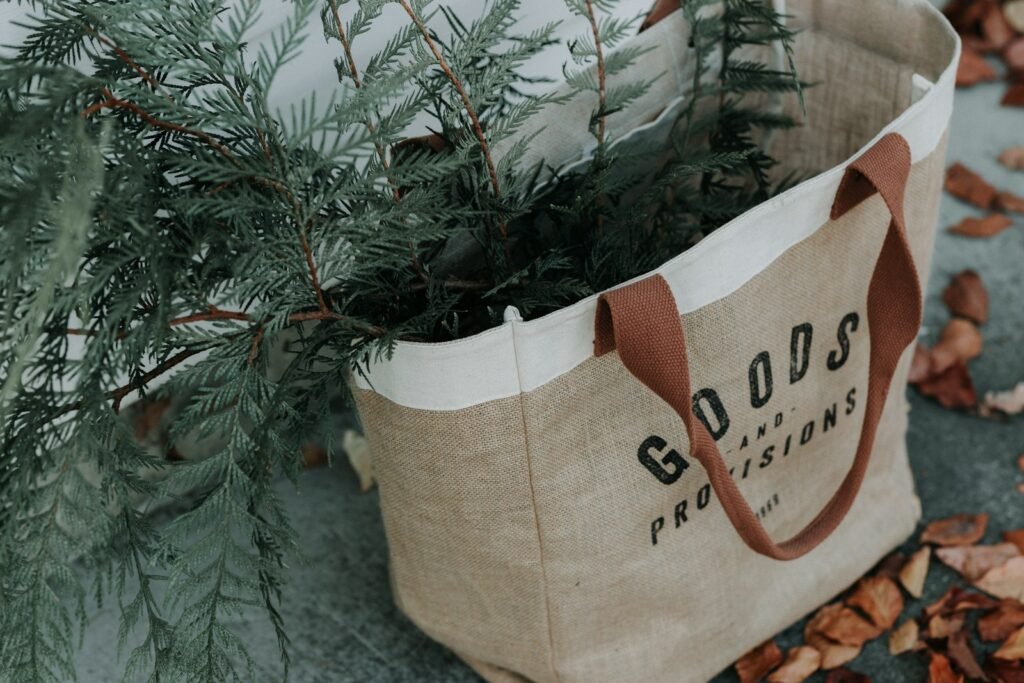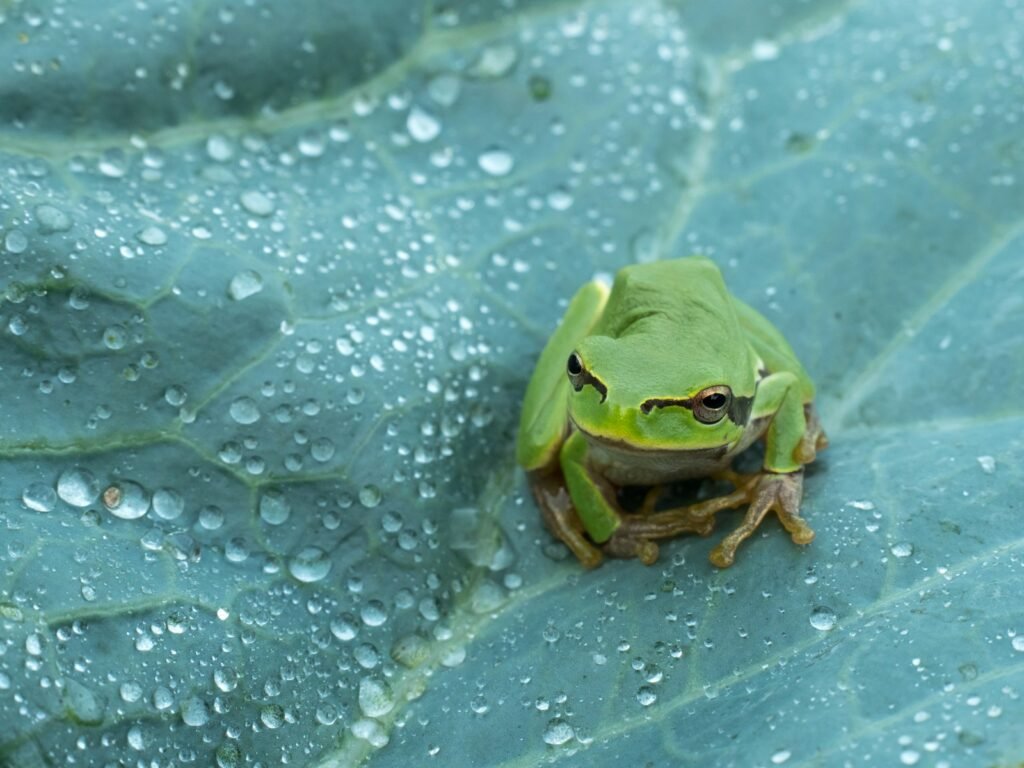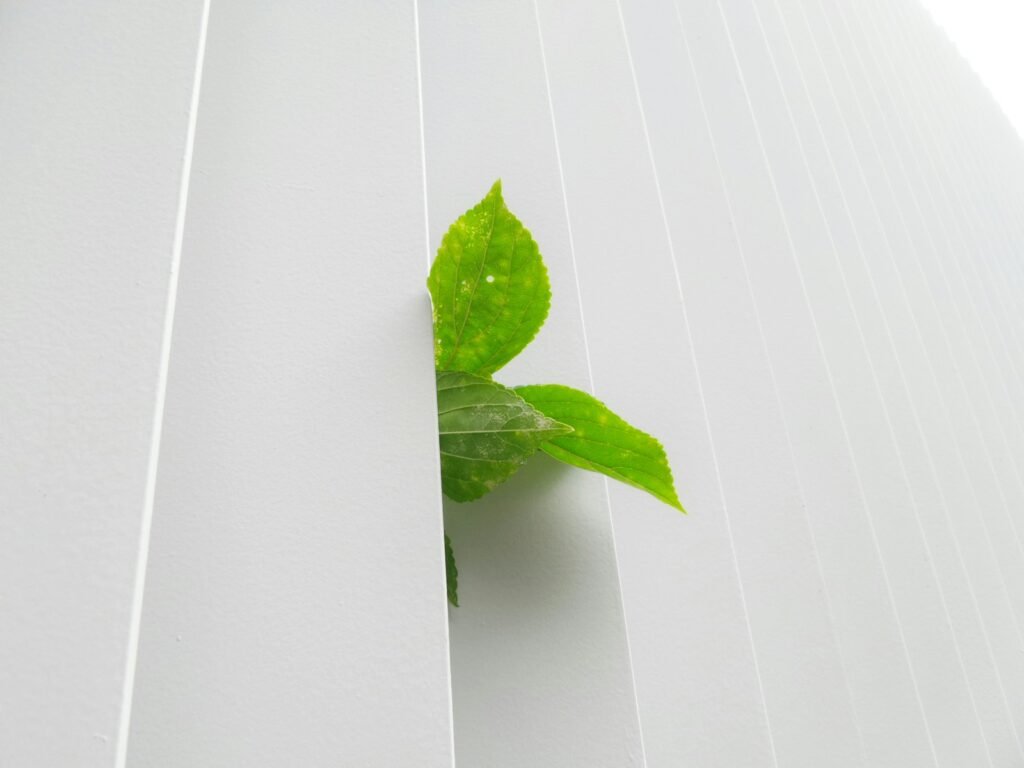Gardening is one of the most rewarding ways to live an eco-friendly lifestyle. Not only does it provide fresh food and natural beauty, but it also has a positive impact on the environment. Whether you have a large backyard or just a small balcony, creating a sustainable garden at home can help reduce your carbon footprint, support local ecosystems, and bring joy to your life.

Why Sustainable Gardening Matters
Reduces Food Miles
Growing your own food reduces the need for long-distance transportation of produce, which cuts down on carbon emissions. By eating from your garden, you’re supporting a more sustainable and local food system.
Promotes Biodiversity
A well-planned garden can support native pollinators like bees, butterflies, and birds. Including a mix of plants helps create habitats for wildlife and encourages biodiversity in urban spaces.
Helps Fight Climate Change
Gardens absorb carbon dioxide from the atmosphere, making them natural allies in the fight against climate change. They also help reduce the urban heat island effect by cooling cities through evapotranspiration.
Encourages Local Food Systems
Sustainable gardening supports local food systems by reducing reliance on industrial agriculture and large-scale supply chains, which often have significant environmental impacts.
The Benefits of a Sustainable Garden
- Saves money by reducing grocery bills
- Improves mental and physical health (gardening is therapeutic)
- Reduces household waste through composting and reuse
- Encourages community engagement and education
How to Start Your Sustainable Garden at Home
1. Assess Your Space and Needs
Determine how much space you have — whether it’s a backyard, balcony, windowsill, or even a container garden. Decide what you want to grow: vegetables, herbs, flowers, or a mix. Consider your climate and which plants thrive in your region.
2. Choose Sustainable Practices
Use organic compost instead of chemical fertilizers. Avoid synthetic pesticides — opt for natural alternatives like neem oil or insect-repellent herbs. Practice crop rotation and companion planting to promote healthy growth. Water wisely using drip irrigation or rainwater collection systems.
3. Select the Right Plants
Prioritize native plants that require less water and maintenance. Grow seasonal crops to reduce energy use in transportation. Use heirloom seeds for biodiversity and healthier, more resilient plants.
4. Create a Composting System
Start a compost bin or pile using kitchen scraps and garden waste. Turn it regularly to speed up decomposition. Use the resulting compost as natural fertilizer for your plants.
5. Use Eco-Friendly Tools and Materials
Choose tools made from sustainable materials like bamboo, recycled metal, or reclaimed wood. Avoid plastic containers — use biodegradable or reusable pots instead. Use mulch to retain soil moisture and suppress weeds.
Tips for Maintaining a Sustainable Garden
- Mulch your garden beds to reduce watering needs
- Keep a garden journal to track growth and plant performance
- Invite local pollinators by planting flowers and avoiding pesticides
- Share excess harvest with neighbors or donate to local food banks
Creative Ideas to Make Your Garden Eco-Friendly
1. Vertical Gardening
Use trellises, wall planters, or hanging baskets to maximize space — especially if you have limited ground area.
2. Rainwater Harvesting System
Catch rainwater in barrels or cisterns for irrigation. This helps conserve water and reduces your reliance on municipal supplies.
3. Grow Your Own Medicinal Herbs
Grow herbs like lavender, chamomile, and mint for natural remedies and aromatherapy. These also attract beneficial insects to your garden.
4. Create a Wildlife-Friendly Garden
Plant native species and provide shelter for birds and insects. Avoid chemical use so that wildlife can thrive in your outdoor space.
Conclusion
Sustainable gardening is more than just growing food — it’s about living mindfully, reducing waste, and supporting the environment. Even a small garden can make a big difference in your home and community. Whether you’re growing vegetables or simply enjoying flowers, your efforts contribute to a healthier planet.
So, take the first step today! Start your sustainable garden at home and enjoy the rewards of fresh food, green spaces, and a more eco-friendly lifestyle.







